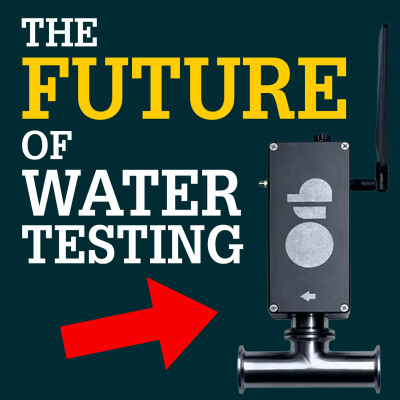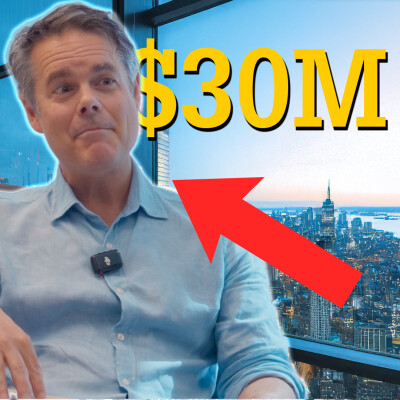Description
Upmanu Lal is the Director of the Columbia Water Center at Columbia University in New York. The Columbia Water Center is on a mission to creatively tackle the water challenges of a rapidly changing world where water and climate interact with food, energy, ecosystems, and urbanization.
Over the past two years, governments around the World have announced unusual water infrastructure investments, with, for instance, 111 billion dollars in the Infrastructure act in the US.
All of that triggered a sizeable 3 to 4% yearly increase in investments in that sub-segment of the Water Sector. But there's a cooler kid in town: decentralized or distributed water treatments grow at three times that pace.
Let me repeat that. We see unprecedented investments in centralized infrastructure, and yet, investments in their decentralized counterpart grow three times faster!
That honestly gets you thinking. Does the centralized push arrive too late? You'll hear me asking that to Upmanu in even straighter terms in just a minute when I'm asking if we're pushing a dead beast.
I think the question is worth asking when you hear Upmanu deconstruct why these radically decentralized water treatments trump central infrastructure on nearly every level.
We might well enter the post-utility era or at least an age that's thus far from the model we imagined at the turn of the 19th century or in the sewers of Babylonia 5'000 years ago, that water and wastewater utilities will have to seriously reinvent themselves.
And as we've already discussed with Seth Siegel on that microphone, I see good and bad in that new normal. Now, if you ask me, I'd rather advocate for a slightly lighter disruption as the one Upmanu described, where decentralized treatments still happen at community or building level rather than under every sink.
But that's just my two cents, and I'm pretty sure I never got a scientific citation when Upmanu draws on almost 18'000 for his extensive work on the topic - kind of the definition of an expert, right?
So without further due, I'll let you dive into the nuggets he shares with us. Well, wait, without further due, yes, but not without reminding you that if you like what you hear, you can make some of your friends, colleagues, or LinkedIn contacts the best Christmas present there is by sharing and recommending them this episode. If you wonder how I attract someone the caliber of Upmanu on my microphone, well, it's a one-stop trick: it's thanks to these recommendations. You have that power; I'm so grateful when you use it! Please do it, and I'll meet you on the other side.
Are Amazon Water Filters the Best Way to Quench our Thirst?
Hosted on Ausha. See ausha.co/privacy-policy for more information.
![[Extract] "It's happening in various places - we just don't realize it yet!" - Upmanu Lall - Columbia Water Center cover](https://image.ausha.co/FfzpEST9jG4eI9N4VZ6T855DnZ8Ks270gQLuMh4B_400x400.jpeg)

![25 Years of Acquisitions Built This Water Tech Powerhouse [M&A] cover](https://image.ausha.co/6xHgWghhG8OqgQaZ4Jpi3EzqoqcC8w1w1vWw6qNl_400x400.jpeg)

